Insights & Resources
Blog
Expert insights on AI governance, tech equity, disability advocacy, and building inclusive innovation

Featured
The ROI of Accessible Technology
Accessibility isn't just about compliance or goodwill. It's a strategic investment with measurable returns across market reach, operational efficiency, innovation, and brand value.
February 5, 20268 min read
Read Article
Disability + Innovation9 min read
Disability as an Innovation Driver: The Curb-Cut Effect
How designing for disability creates innovations that benefit everyone, drive market advantage, and spark breakthrough products.
January 8, 2026Read More

AI Governance + Policy10 min read
The EU AI Act: What Leaders Need to Know in 2026
A comprehensive guide to the EU AI Act's key provisions, critical deadlines, and what organizational leaders must do to prepare for compliance in 2026 and beyond.
December 4, 2025Read More

AI Design + Accessibility9 min read
Inclusive Design Patterns for AI Interfaces
Practical, research-backed design patterns for building AI interfaces that work for users across abilities, contexts, and interaction styles.
November 6, 2025Read More

AI Governance + Policy9 min read
The Future of AI Regulation: Global Trends
A comprehensive analysis of how governments worldwide are approaching AI regulation, from the EU AI Act to emerging frameworks in Asia, the Americas, and Africa.
October 2, 2025Read More

Leadership + Wellness10 min read
Rest as Resistance: The Wellness Imperative for Leaders
Why rest isn't a luxury but a radical act of resistance for leaders working at the intersection of technology, equity, and social change.
September 4, 2025Read More

AI Product + Inclusion9 min read
Building Inclusive AI Products: A Framework
A practical framework for building AI products that center equity, accessibility, and the lived experiences of marginalized communities from concept through deployment.
August 7, 2025Read More

AI Ethics + Engineering8 min read
Building Ethical AI Systems: A Framework for Success
How to build AI systems that are fair, transparent, and accountable. A practical framework for teams committed to ethical AI development.
July 3, 2025Read More

AI Bias + Technical10 min read
Algorithmic Bias: Detection and Prevention Strategies
A deep dive into how algorithmic bias emerges, how to detect it across the AI lifecycle, and practical strategies for prevention that go beyond surface-level fixes.
June 5, 2025Read More

AI Design + UX9 min read
Designing AI Interfaces for Uncertainty
How to design AI interfaces that honestly communicate uncertainty, build user trust, and prevent overreliance on imperfect systems.
May 1, 2025Read More

Leadership + AI Governance9 min read
From Burnout to Boundaries: How Rest-Positive Leadership Improves AI Governance
Exploring the critical connection between leadership wellness, sustainable work practices, and effective AI governance outcomes.
March 27, 2025Read More

AI Governance + Compliance9 min read
EU AI Act in Practice: A 2026 Readiness Checklist
A practical readiness checklist for organizations preparing for EU AI Act compliance, covering risk classification, documentation, governance, and deployment requirements.
February 20, 2025Read More

AI Accessibility + Design10 min read
Building Accessible AI Assistants That Don't Code People Out
A practical guide to building AI assistants that work for users across abilities—covering voice interaction, visual design, cognitive load, motor accessibility, and testing strategies.
January 16, 2025Read More

Accessibility + Legal9 min read
Accessibility Lawsuits, Demand Letters, and the Real Cost of Waiting
Digital accessibility lawsuits are surging. Understanding the legal landscape, real costs, and what your organization should do now to avoid becoming the next defendant.
December 12, 2024Read More

Disability + Business Strategy10 min read
Designing for the Disability Economy: From Compliance to a $23 Trillion Strategy
The disability economy represents a $23 trillion global market opportunity. Learn how to move beyond compliance and build products that serve this massive, underserved market.
November 7, 2024Read More

Disability + Travel10 min read
Risk Travel as a Disabled Professional
A practical, experience-driven guide for disabled professionals navigating business travel—covering planning, advocacy, safety, and the realities most travel guides ignore.
October 3, 2024Read More

AI + Accessible Travel9 min read
How AI Is Transforming Accessible Travel
An exploration of how artificial intelligence is reshaping travel accessibility—from real-time navigation to predictive accommodation—and the gaps that remain.
August 29, 2024Read More

Accessibility + Travel10 min read
Global Accessibility Standards: What Travelers Need to Know
A comprehensive guide to global accessibility standards for travelers—covering regional frameworks, enforcement gaps, and practical strategies for navigating an inconsistent landscape.
July 25, 2024Read More

Accessibility + Business10 min read
The Business Case for Accessible Tourism
Why accessible tourism isn't just a moral imperative—it's one of the largest untapped market opportunities in the global travel industry.
June 20, 2024Read More

Product Inclusion + Ethics8 min read
From Invisibility to Radical Empathy
I am passionate about my work as a Product Inclusion Specialist, a profession where I build products that work for everybody, regardless of ability, gender, resources, culture, race, or class.
March 1, 2024Read More
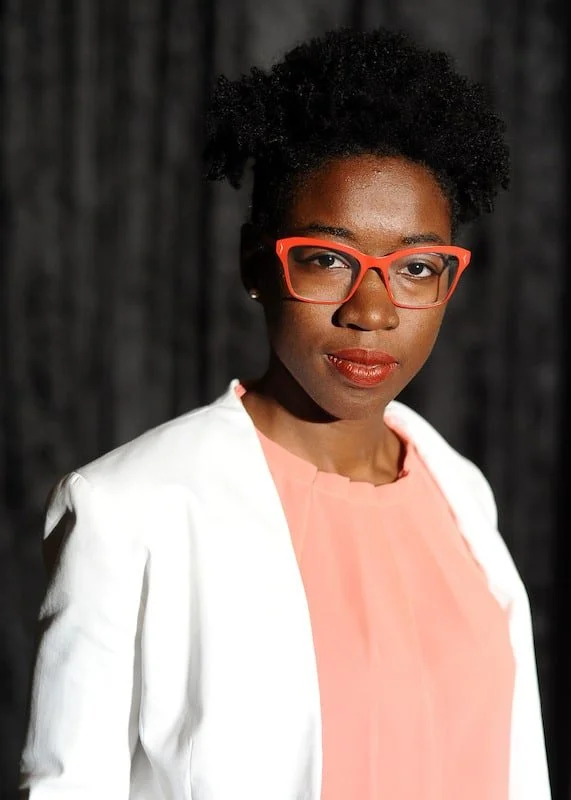
AI Bias + Media7 min read
60 Minutes and (En)Coded Bias
Recently, CBS's 60-minutes aired a segment on racial bias in facial recognition technology, referring to a December 2019 NIST study as a 'landmark study' while failing to mention the groundbreaking research on which it was based.
February 15, 2024Read More
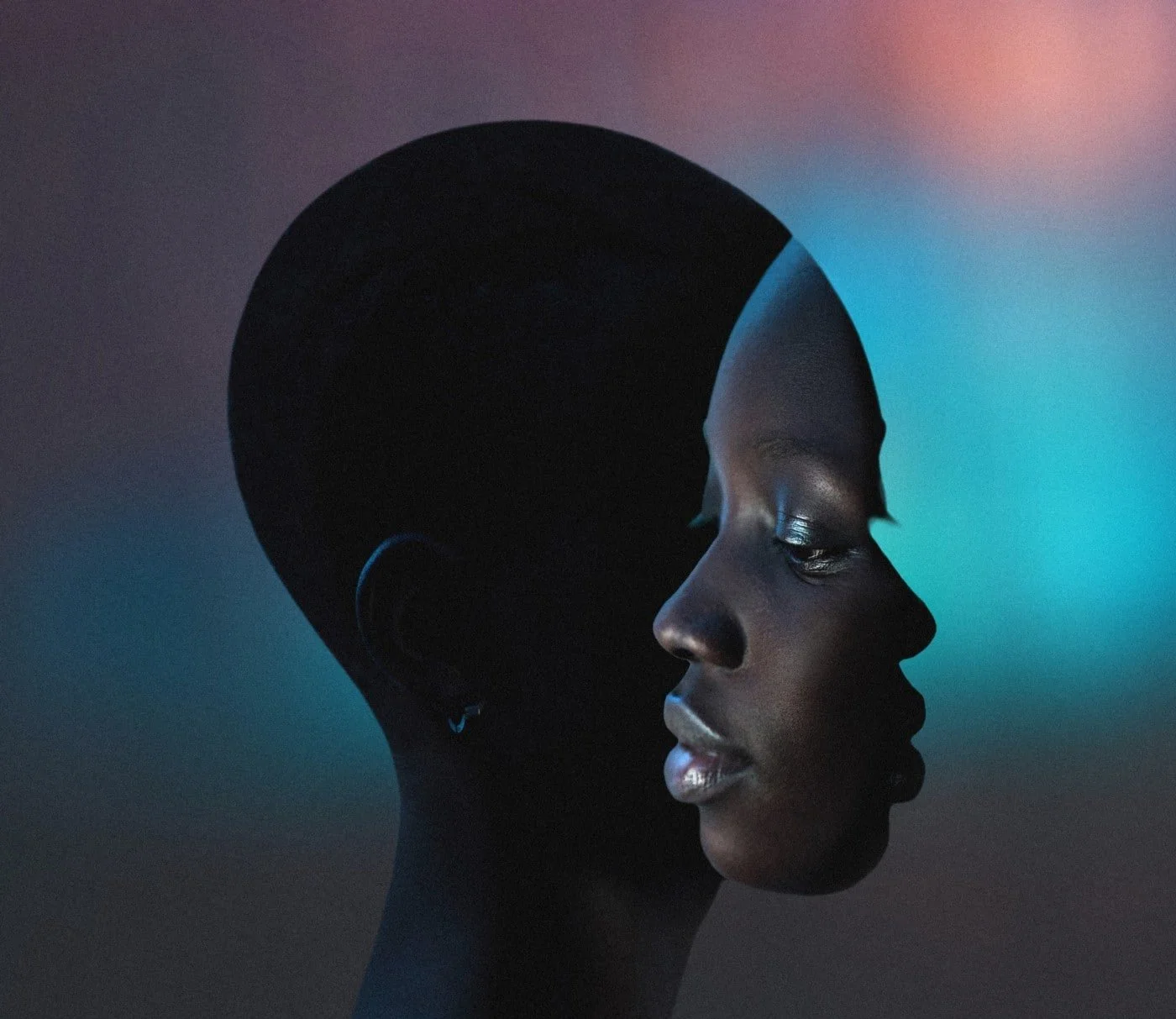
Race + Tech8 min read
As A Black Woman, I'm Either Hyper Visible or Utterly Unseen
A personal reflection on navigating invisibility and hypervisibility as a Black woman in tech, and the journey toward reclaiming full selfhood.
December 1, 2023Read More
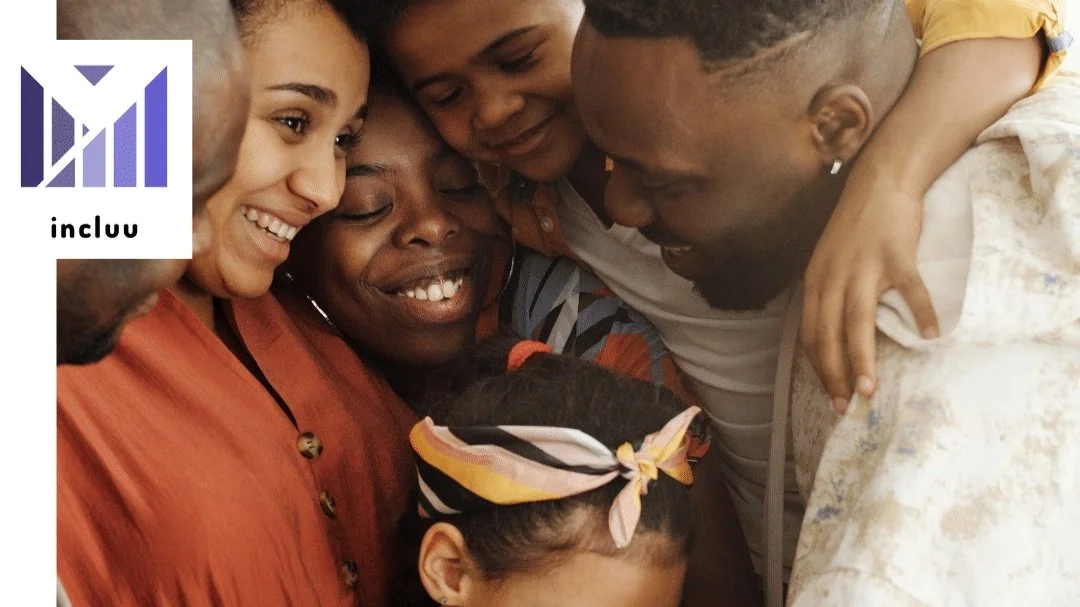
Culture + Liberation5 min read
The Spirit of Juneteenth is Acknowledgement
The Spirit of Juneteenth is Acknowledgement, and acknowledgement requires action. It requires dismantling the systems that perpetuate inequality.
June 19, 2023Read More
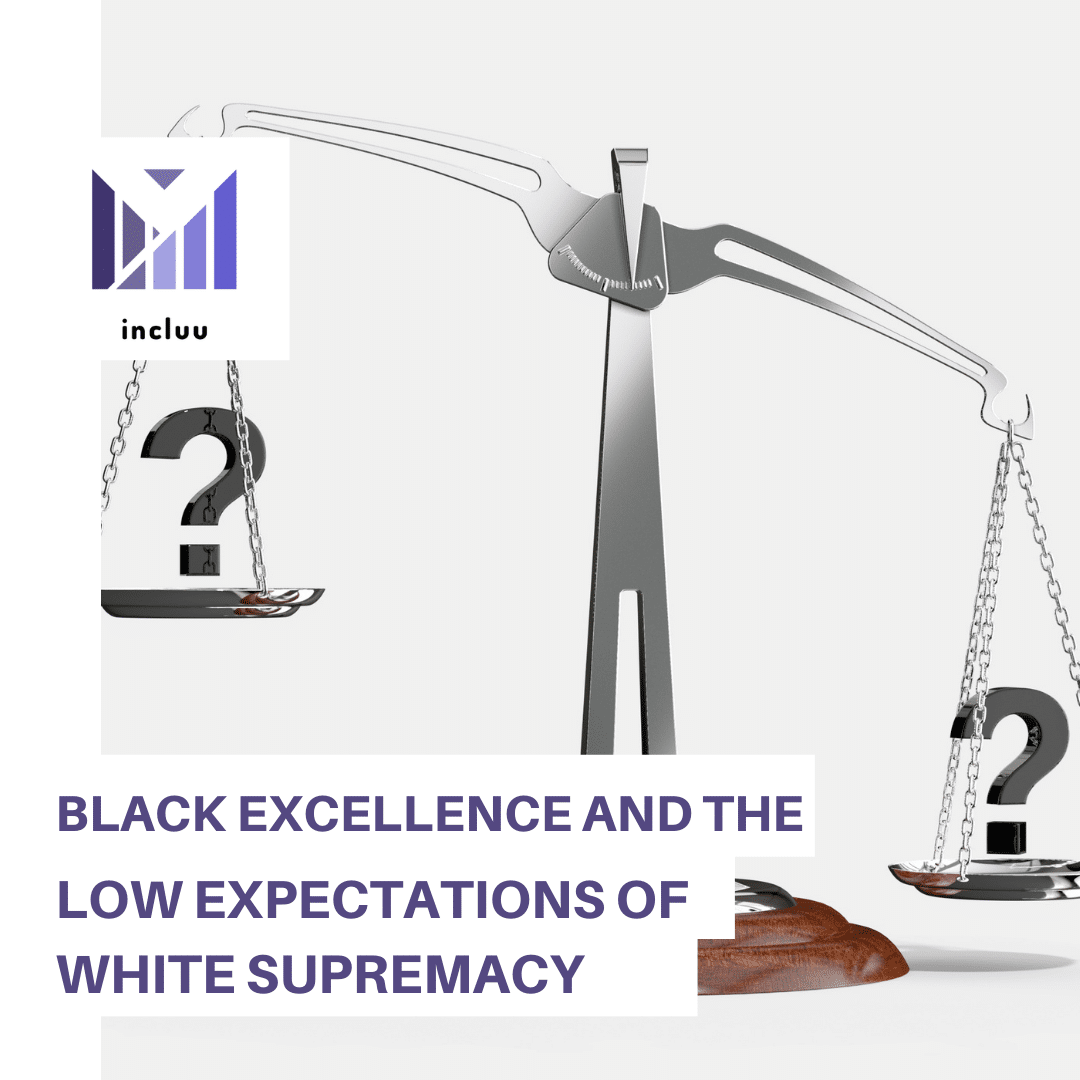
Race + Culture7 min read
Black Excellence and the Low Expectations of White Supremacy
The paradox of Black excellence: how the very act of celebrating Black achievement reveals the low expectations embedded in white supremacist systems.
February 1, 2023Read More

Healthcare + AI Ethics8 min read
Race Norming and Bioethics
The NFL's race norming scandal reveals how algorithmic discrimination operates in healthcare—and why the fight against biased AI is a matter of life and death.
January 15, 2023Read More

Race + Wellness6 min read
Racism and The Wellness Industry
The wellness industry has a race problem. From the exclusion of Black bodies to the commodification of spiritual practices, the wellness space reflects the same inequities found across American society.
December 10, 2022Read More
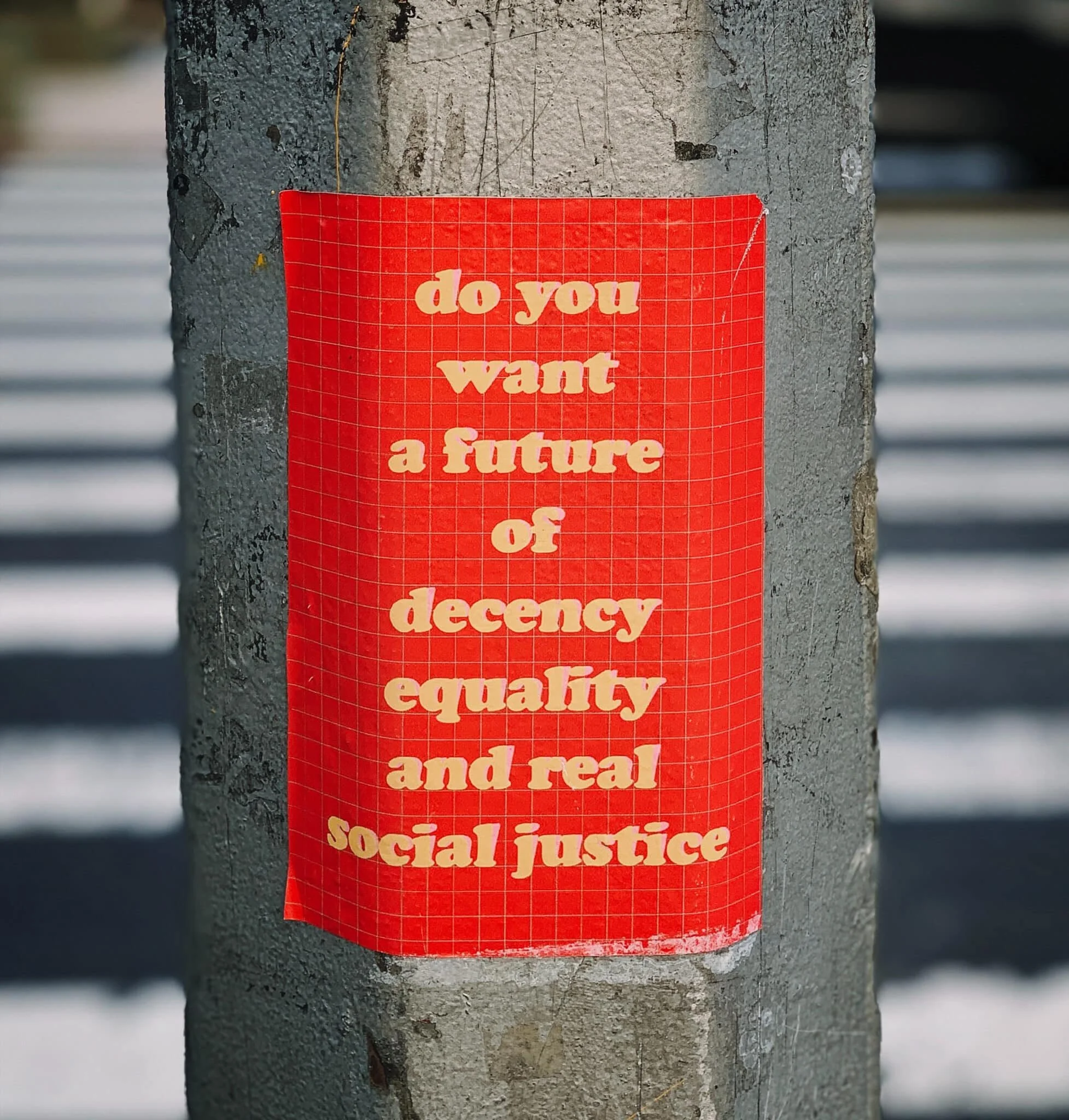
Race + Intersectionality7 min read
What Is Intersectionality and Why Is It Important
It’s been over three decades since law professor Kimberlé Crenshaw coined the term intersectionality to describe the ways our social identities overlap and how various forms of inequality often operate together and exacerbate each other.
November 15, 2022Read More
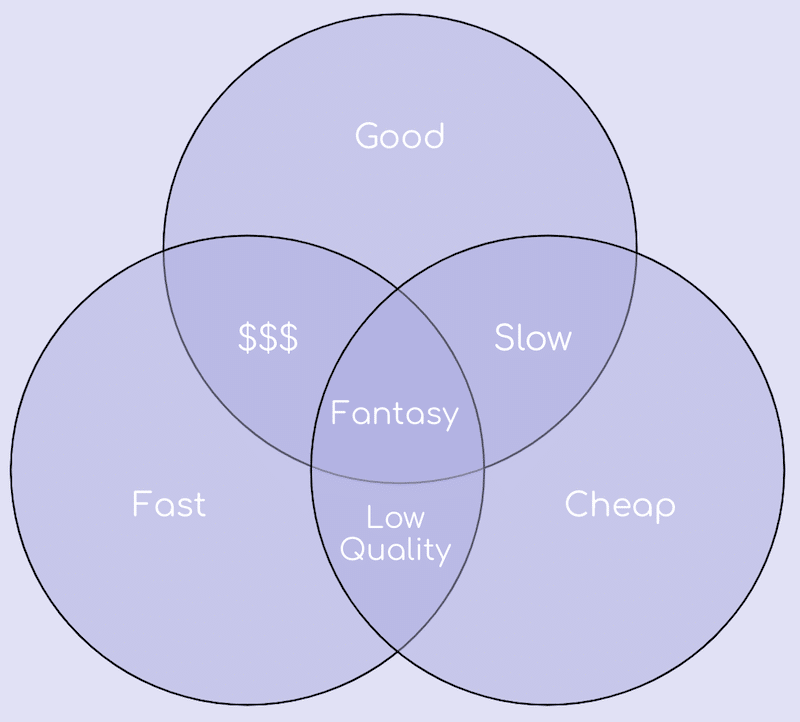
Organizational Change7 min read
5 Things Holding Organizations Back from Transformative Change
Many organizations want to transform but few succeed. Here are the five most common barriers—and what to do about them.
November 1, 2022Read More
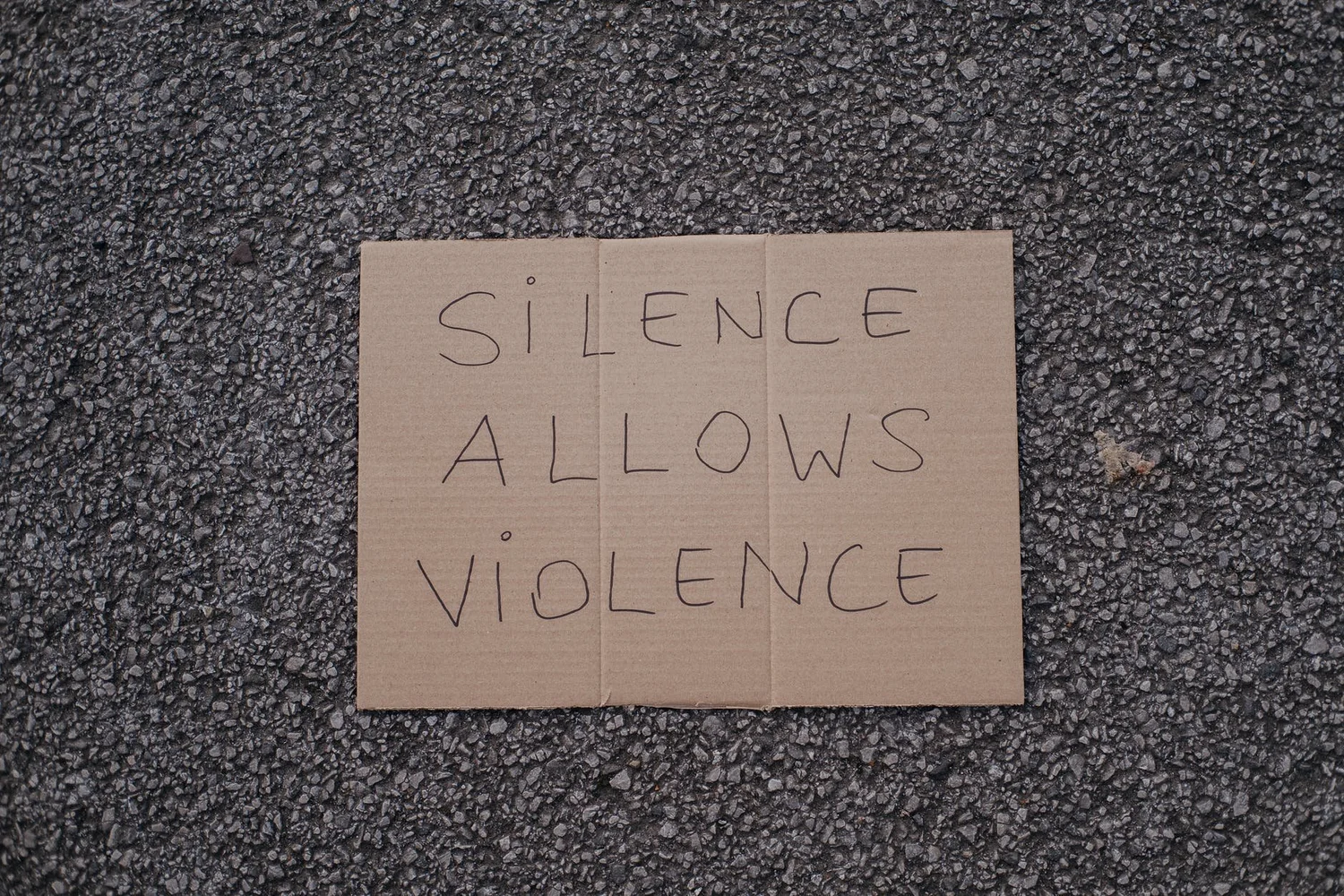
Solidarity + Justice5 min read
We Stand in Unity with Our Asian Allies
In the wake of rising anti-Asian violence, we reaffirm our commitment to solidarity across communities of color and our shared fight against white supremacy.
October 15, 2022Read More
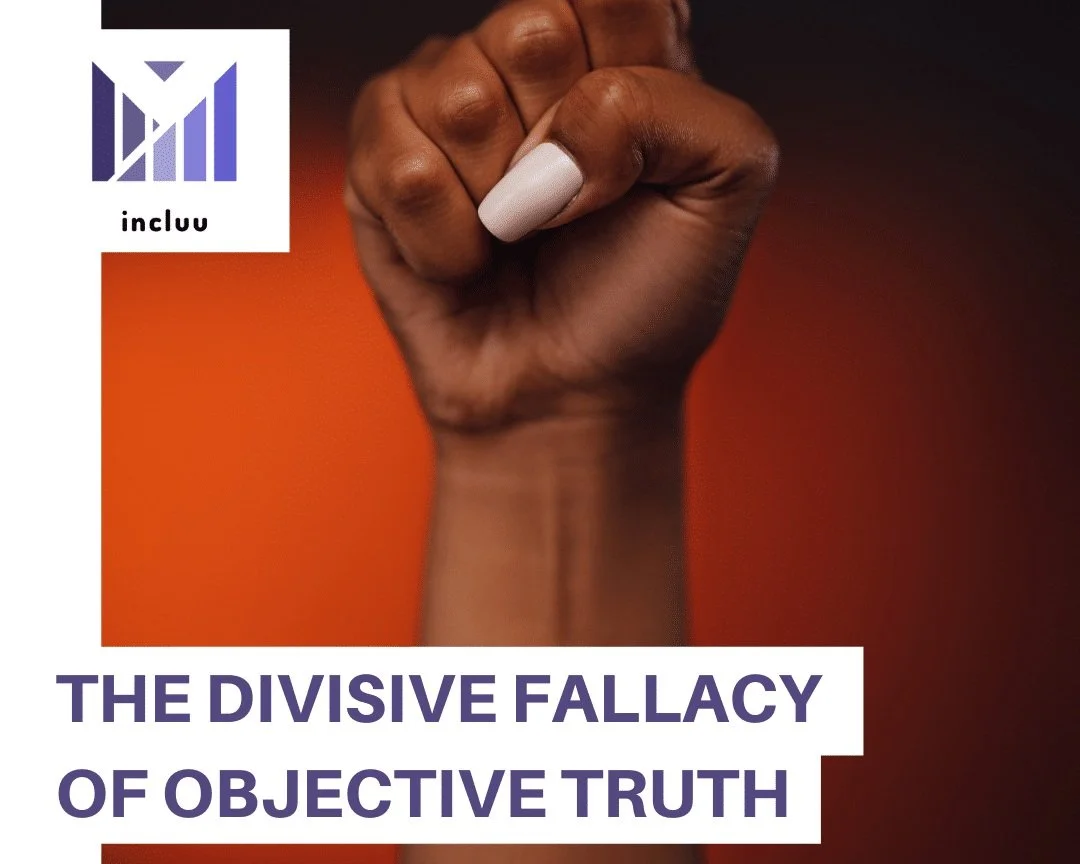
Philosophy + Ethics8 min read
The Divisive Fallacy of Objective Truth
The concept of 'objective truth' has long been weaponized to dismiss marginalized experiences. Here's why the insistence on a single truth is itself a tool of oppression.
September 20, 2022Read More
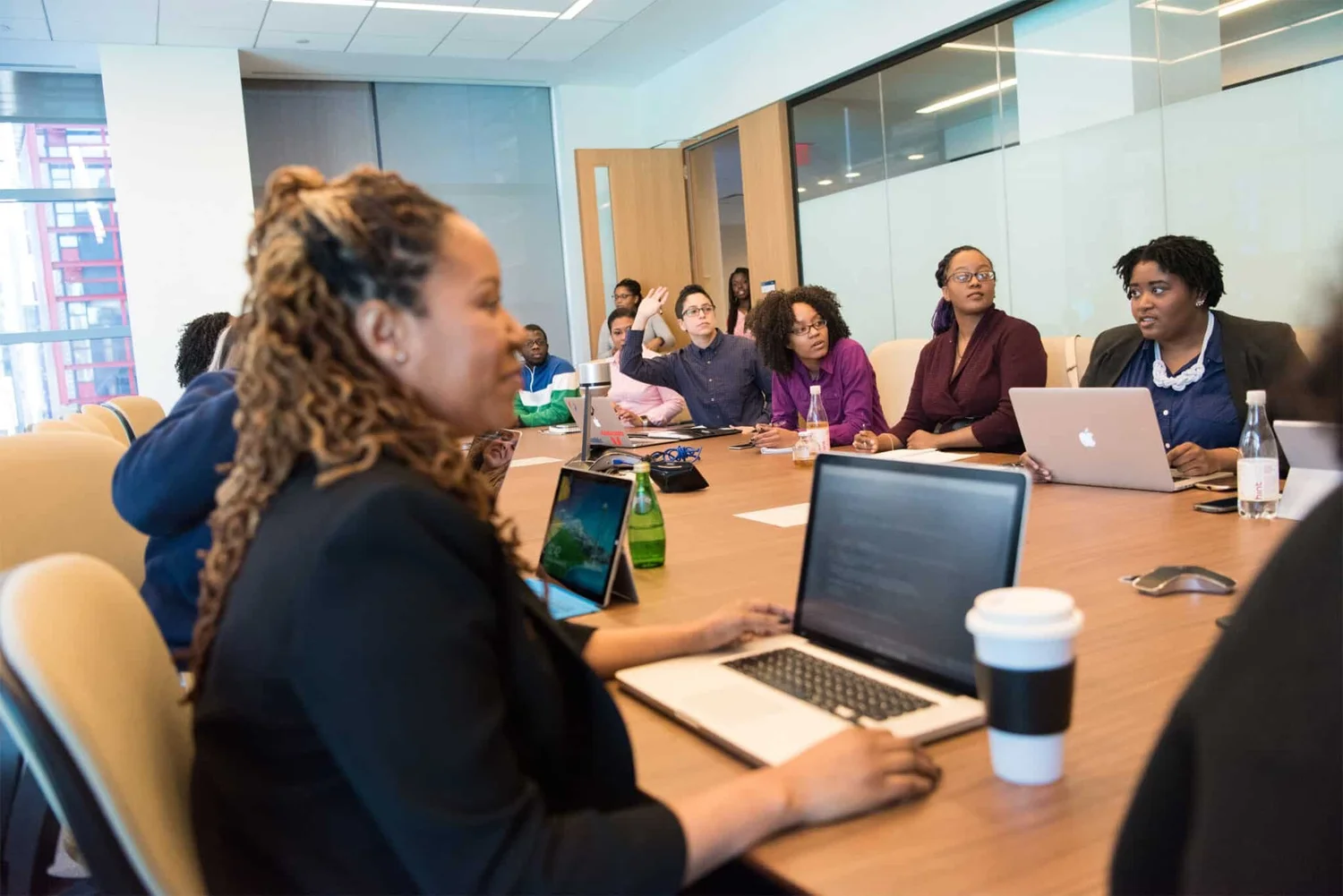
Economic Justice6 min read
Equal Pay & Caregiving: How COVID-19 Further Exacerbates Existing Inequities
The pandemic didn't create caregiving inequities—it exposed and accelerated them. Here's how COVID-19 has widened the gap and what we must do about it.
August 15, 2022Read More
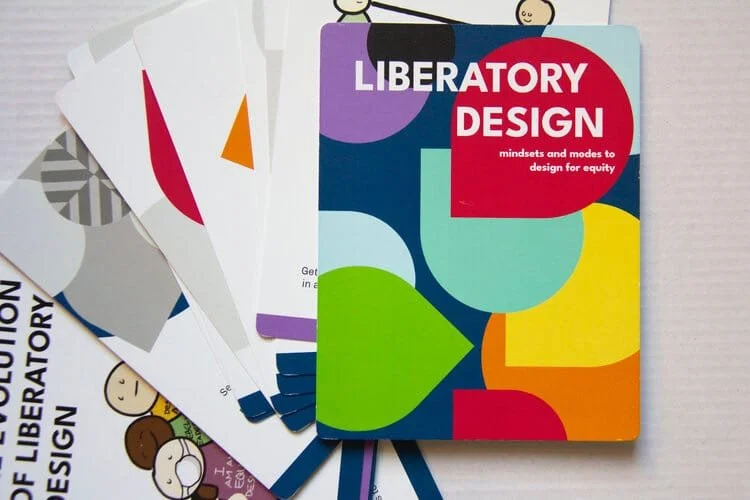
Design + Equity7 min read
What is Liberatory Design?
Liberatory Design is a creative practice that centers equity and the lived experiences of those most impacted by inequity in the design process.
July 20, 2022Read More

Tech + Intersectionality8 min read
The Importance of Intersectionality in Tech
Intersectionality isn't just an academic concept—it's a critical lens for understanding how technology impacts people differently based on their overlapping identities.
June 15, 2022Read More
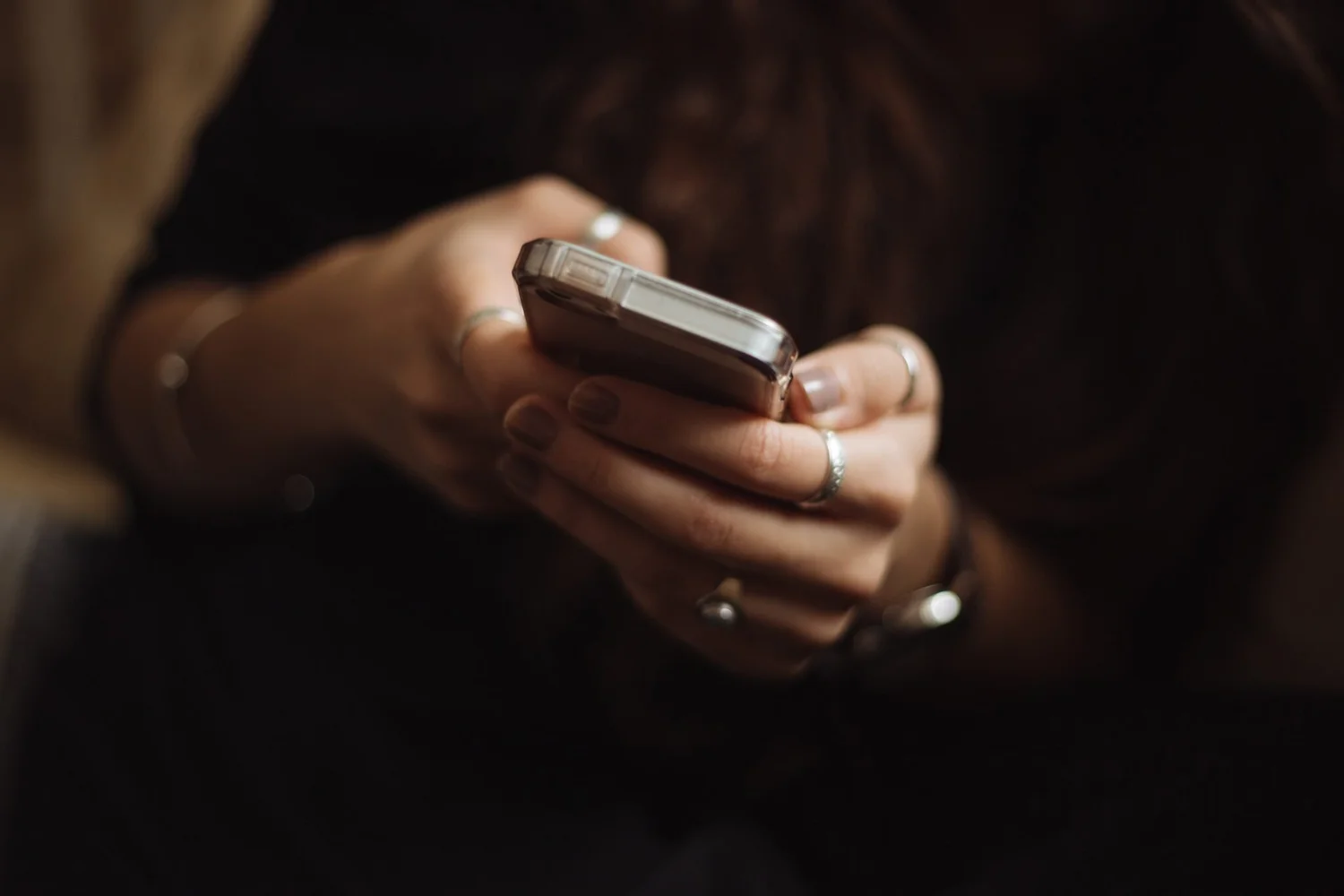
Race + Digital Culture6 min read
Digital Blackface: Are You Complicit?
Digital blackface is the use of Black people's images, GIFs, and expressions by non-Black people online. It's a modern form of minstrelsy that many participate in without awareness.
May 10, 2022Read More
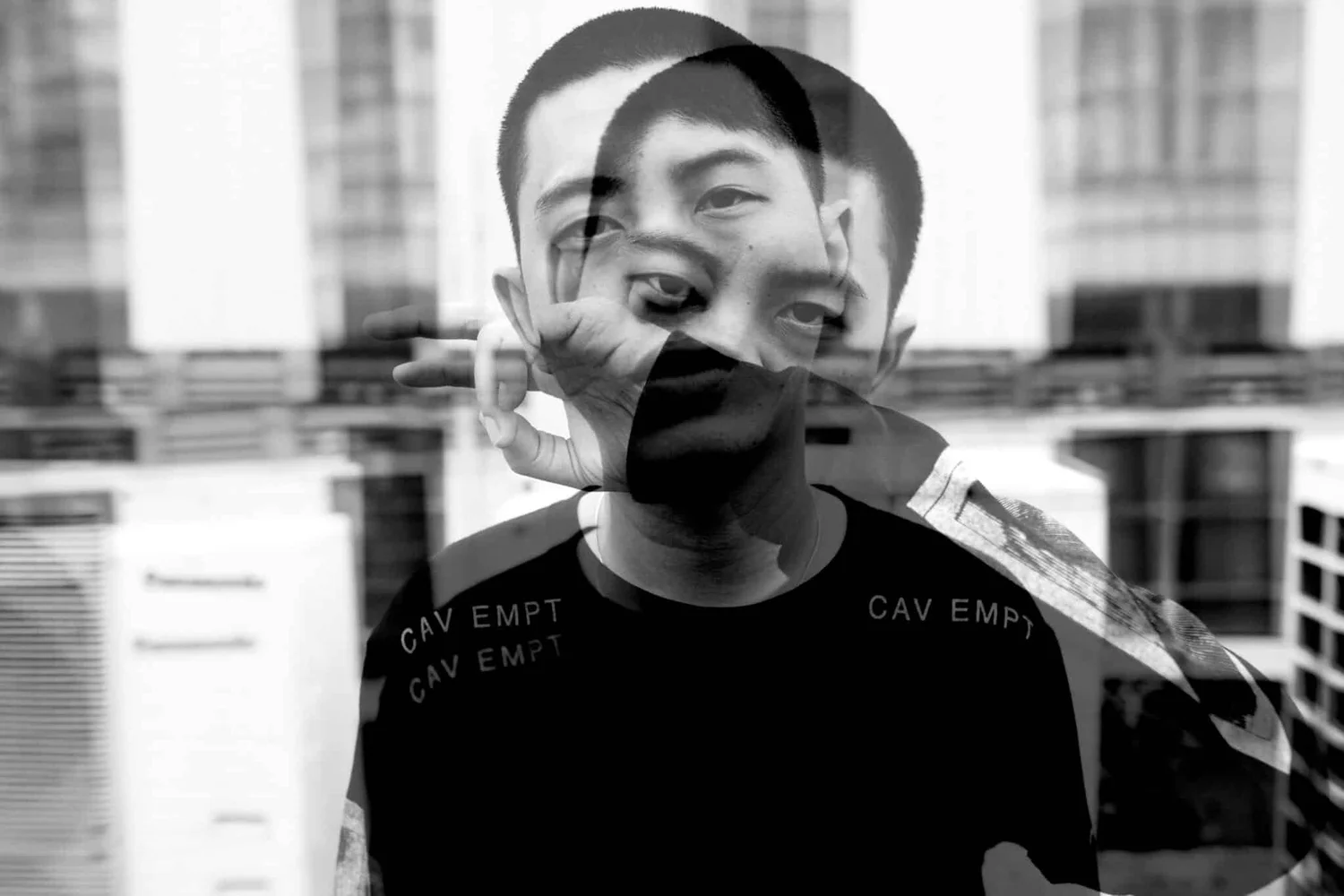
AI Ethics + Bias8 min read
Facial Recognition and Racial Bias
Facial recognition technology has a well-documented racial bias problem. Understanding how these systems fail—and who they fail—is critical for building ethical AI.
April 5, 2022Read More
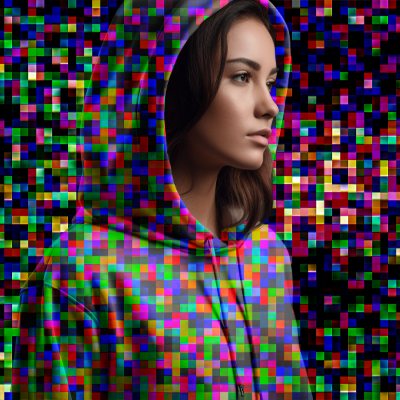
Surveillance + Ethics7 min read
The Pitfalls of Adversarial Clothing
Adversarial clothing designed to fool facial recognition raises important questions about surveillance, consent, and who bears the burden of protecting privacy.
March 1, 2022Read More

AI Ethics + Accessibility9 min read
Ethical AI and Smart Lock Systems
Smart lock systems promise convenience and security, but they also raise serious questions about bias, accessibility, and who gets to feel safe in their own home.
February 1, 2022Read More
Stay Updated
Subscribe to receive the latest insights on AI governance, tech equity, and inclusive innovation delivered to your inbox.